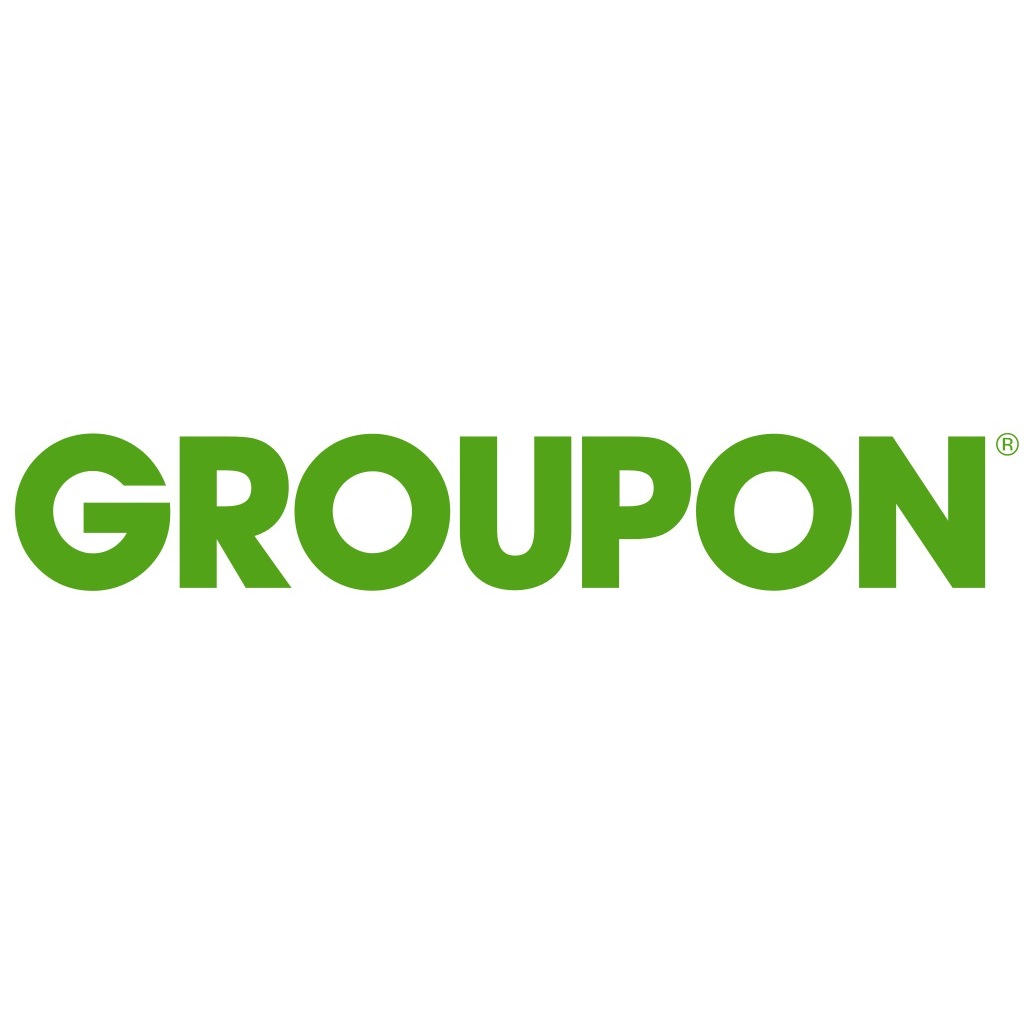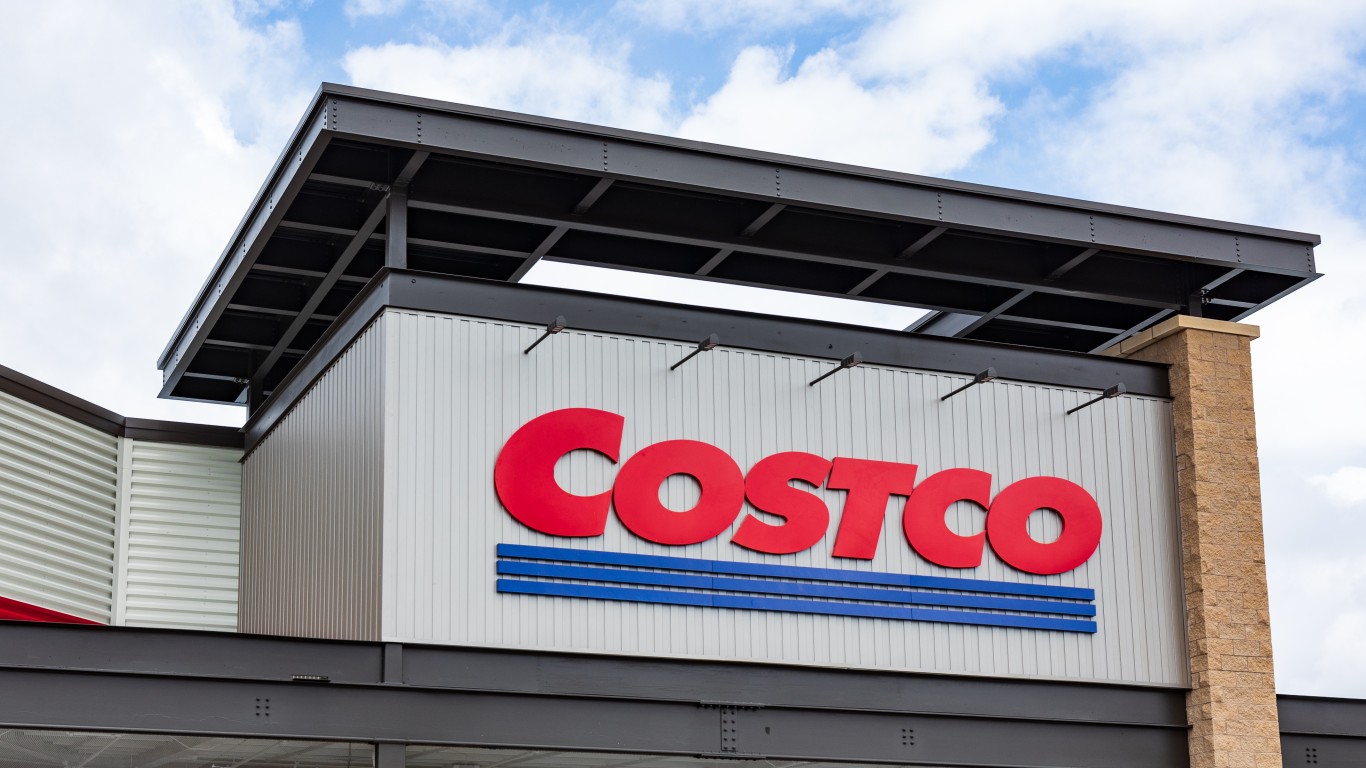
On November 4, 2011, Groupon Inc. (NASDAQ: GRPN) began trading, after pricing its initial public offering at $20. The stock opened at $28 and moved as high as $31 that day. Its market cap topped $15 billion. No other company had a large presence in the online coupon business. How could a business with such a strong “moat” fail? Maybe it did not have one.
Groupon’s current share price is $2.22, against a 52-week low of $2.15 and period high of $8.37. Its market cap is $1.4 billion. Investors who got into the stock in late 2011 have seen a catastrophic drop. Many employees with stock options have benefits that are only piece of paper.
Groupon had trouble early. The company revised its fourth-quarter 2011 earnings because of what accountants call “material weaknesses.” These kinds of weaknesses usually mean a company’s earnings figures were too high. That was certainly true in Groupon’s case.
In February 2013, Groupon fired its CEO Andrew Mason, who was one of its founders. He admitted to a string of poor decisions.
While Groupon’s revenue has risen from $1.6 billion in 2012 to a trailing 12 month’s $3.2 billion, it has had a string of losses every year over that period.
Groupon will release earnings in a few days. Wall Street experts are pessimistic and worry that the numbers will look like they did last quarter, when Groupon promoted Rich Williams to CEO. Revenue rose 10.9% to $464 million. The company posted a net loss of $25 million. Carefully watched gross billings fell 1.5% to $1.5 billion. All Groupon could do to comfort investors was by back $192 million in Class A shares during that third quarter.
Wall Street obviously did not buy outgoing CEO’s Eric Lefkofsky comment:
We’ve successfully transformed Groupon to support our next stage of growth. The business is stable, the marketplace is scaling, and we are ready to take our next big step. Now is the right time for me to return to my role as Chairman, and let Rich, who has done a tremendous job over the past four years, lead Groupon during this next stage.
What really happened to Groupon? The answer is it never had much of a moat at all. The world’s largest retailer, Wal-Mart Stores Inc. (NYSE: WMT), launched its own online coupon business. So did Amazon.com Inc. (NASDAQ: AMZN), though its service was not successful. However, countless small merchants believed they could compete with Groupon locally. Whether these small retailers made money is less important to Groupon than whether they took market share. The competition turned into death by a thousand cuts.
It turned out Groupon never had a strong business at all.
Are You Ahead, or Behind on Retirement? (sponsor)
If you’re one of the over 4 Million Americans set to retire this year, you may want to pay attention.
Finding a financial advisor who puts your interest first can be the difference between a rich retirement and barely getting by, and today it’s easier than ever. SmartAsset’s free tool matches you with up to three fiduciary financial advisors that serve your area in minutes. Each advisor has been carefully vetted, and must act in your best interests. Start your search now.
Don’t waste another minute; get started right here and help your retirement dreams become a retirement reality.
Thank you for reading! Have some feedback for us?
Contact the 24/7 Wall St. editorial team.




